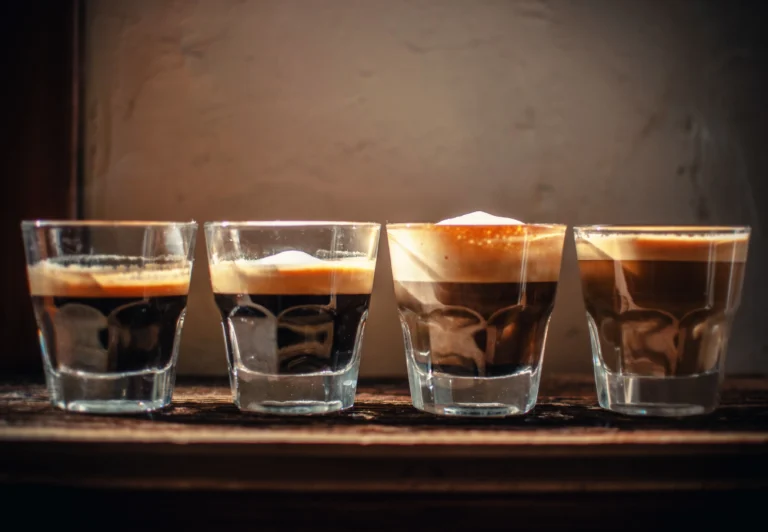Cuban coffee has a reputation for being small in size but massive in impact. A single shot can feel like more than a standard espresso. Its intensity isn’t just about caffeine. It comes from a combination of preparation, roast style, and a ritual that turns bitterness into sweetness. Let’s see what makes Cuban coffee so strong.
Dark Roast with Punch
Cuban coffee is almost always brewed with a very dark roast. The beans are roasted longer, which produces a heavy body and deep, smoky flavor. This roast style reduces acidity but highlights bitterness and caramelized notes. It’s the base layer of strength that people recognize right away.
Espresso-Like Brewing
The brewing method adds to the power. Cuban coffee is typically made using a stovetop moka pot. This produces a concentrated brew similar to espresso, though at slightly lower pressure. The grind is fine and the extraction is quick, which means you’re drinking a dense, highly concentrated coffee. Even a small cup carries more intensity than a standard drip brew.
The Espuma Trick
The real signature is the espuma. Right at the start of the brew, the first drops of coffee are whisked with sugar until they form a thick, foamy paste. The espuma balances bitterness with sweetness while amplifying the perception of the body. This makes the coffee feel both stronger and smoother at once.
Small but Potent Servings
Cuban coffee is rarely served in large mugs. It’s poured into tiny cups called tacitas, often meant for sharing among a group. Each serving is concentrated and rich, giving you a jolt that feels stronger than its volume suggests. The ritual of sipping something so small yet powerful contributes to the impression of strength.
Want to know how much Cuban coffee is too much? Check out our breakdown.
FAQ
Why is Cuban coffee so sweet if it’s strong?
The sweetness comes from the espuma technique. Sugar is whipped with the first drops of coffee, creating a caramel-like foam. This foam blends with the rest of the brew, softening bitterness without reducing strength.
Can you drink Cuban coffee without sugar?
Yes, but it won’t have the traditional espuma on top. Without sugar, the coffee will taste more bitter and smoky. Most Cubans prefer it sweet, since the foam is part of the cultural identity of the drink.
What’s the difference between Cuban coffee and regular moka pot coffee?
The moka pot method is the same, but Cuban coffee includes the espuma step and a very dark roast. That’s why it feels richer and more intense compared to a standard stovetop espresso.
Key Takeaways
Cuban coffee proves that strength comes from more than caffeine.
- A very dark roast creates a heavy body with deep, smoky notes.
- Brewing in a moka pot produces a concentrated, espresso-like cup.
- The espuma technique blends sugar and coffee into a sweet, foamy layer that enhances body and softens bitterness.
- Small servings make each sip feel more powerful than its size suggests.

